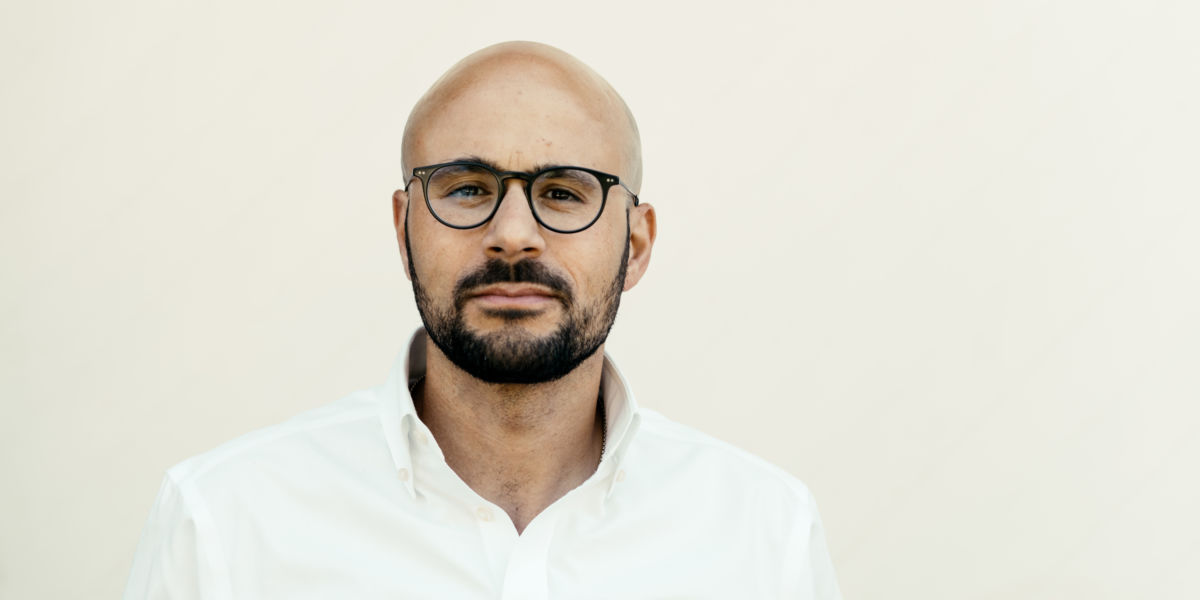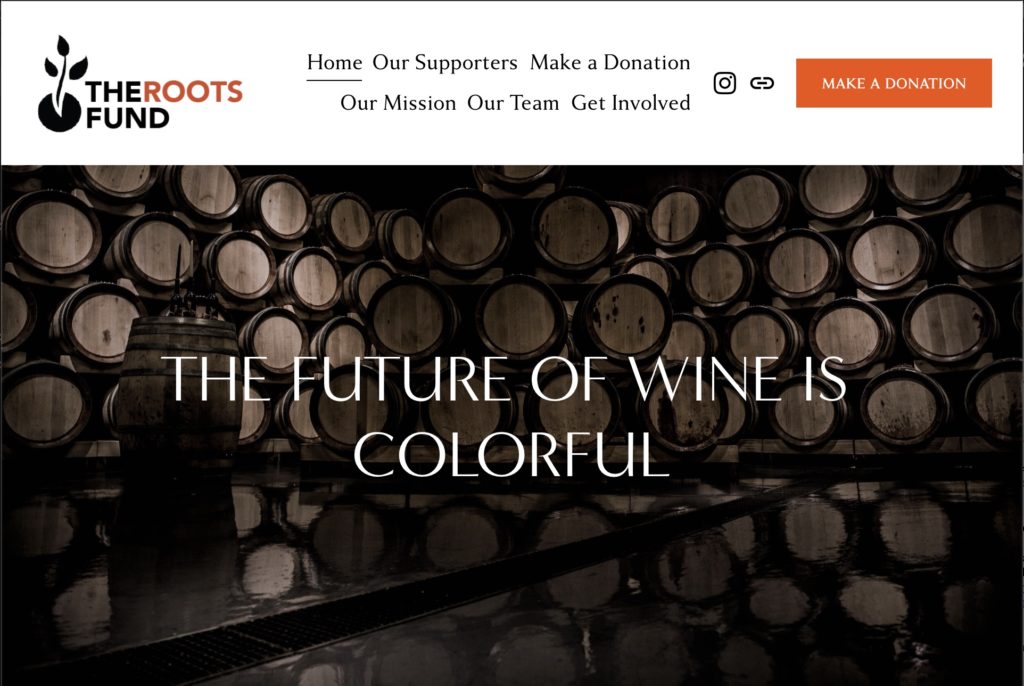
They Started a Foundation to Support Black Wine Professionals—Why Haven’t More Wineries Pitched In?
The Roots Fund hasn’t taken off yet, but Carlton McCoy is hopeful that it will start making a difference in the lives of Black wine professionals soon.

This year might have brought a sea change in national recognition for Black and BIPOC issues, but progress has been plodding within the more conservative corners of the wine industry.
Want proof? Carlton McCoy, the wunderkind president and CEO of the legendary Napa house Heitz Cellars and one of the few BIPOC leaders in the business, started a foundation to uplift black wine professionals…
…And then no one called.
“I’m hoping that people are quiet because they don’t know what to do yet—if I put myself in their shoes I would ask: How do I even start?” says Carlton. “They should know that the Roots Fund is a place where they can have that conversation.”
McCoy, who launched The Roots Fund along with restaurateur Ikimi Dubose and sommelier Tahiirah Habibi, is careful to stay focused on awareness, not the lack of action within the staid wine world. He’s received ample support from friends and personal connections. And his personal style, he says, isn’t to question the motivations of others.

Courtesy of The Roots Fund
But still, the question must be asked: Why haven’t more owners, winemakers, and somms pitched in?
If change actually matters to the wine industry, the Roots Fund seems like the perfect first phone call to make. The group aims to create space, opportunity, and awareness for people of color in every facet of the wine industry, from retail to restaurants and beyond.
And that starts at raising awareness among the BIPOC communities that a career in wine is even possible.
“It’s not really marketed to Black people,” says Carlton. “We’re trying to recognize that has been a barrier to entry and rectify it. It’s a challenge to hire someone who doesn’t look like you and comes from a different background.”
The Roots Fund works with The Hue Society as well as a network of historically Black colleges and universities to help change that. The next step will be scholarships to schools such as U.C. Davis and the court of master sommeliers, and field trips exposing aspiring students and professionals to the world, like one sponsored by the Chamber of Commerce in Yountville.
Awareness and interest are only half of the equation, says McCoy.
“We want to help with job placement and connecting our recipients with wine shops, publications, distributors, and wineries—using us as a kind of vetting tool. I’m not ever in favor of just giving anyone a job, they’ve got to earn it. We feel at that point we would have given them the tools necessary to give them a job. Mentoring is a natural part of that process. It’s really about exposure and education and then helping with placement and career path.”
The last piece of the project reaches beyond job opportunities to the billboards and big screen TVs used to market wine to a mass audience.
“Wine is marketed as a luxury product,” says Carlton. “There’s a stereotype around people of color not being a people of means. All you see are athletes and celebrities. You rarely see the really well off Black lawyer who is worth millions of dollars. When you start seeing Black hands and faces in advertising for luxury wine, we’ll know we’re on the right path.”
The opportunity, Carlton says, isn’t just for the good of Black wine professionals. With high-end wines being all but ignored by younger consumers “why wouldn’t you go out of your way to find a new market? Why wouldn’t you reach out to anyone you could?” he says.
“It’s not just the Napa Valley,” says Carlton. “It’s the wine industry as a whole. It’s a fact, unfortunately. Instead of marinating on that, we jumped into action and decided to help change it.”
